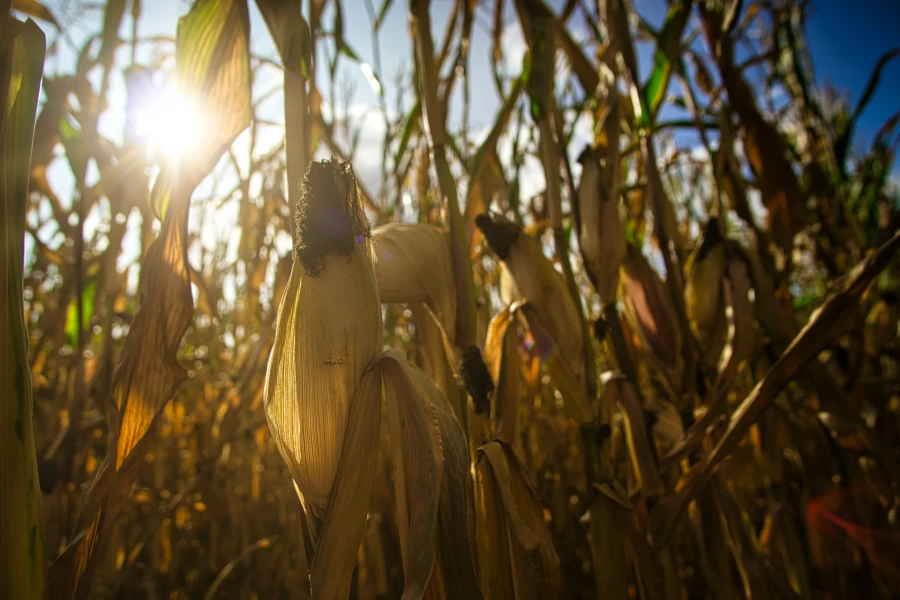Enhancing Maize Growth Through Improved Photosynthesis: A Breakthrough by BTI Researchers

In light of escalating climate change and food security concerns, the need for more productive crops is critical. Researchers at the Boyce Thompson Institute (BTI) have developed a method to enhance maize growth by improving photosynthesis, as published in the Journal of Experimental Botany.
The study, supported by the U.S. Department of Agriculture, focuses on Rubisco, an enzyme essential for photosynthesis. Researchers used transgenic expression of three proteins—Rubisco Accumulation Factor 2 (Raf2) and the large and small Rubisco subunits—to increase Rubisco content, speeding up carbon assimilation and boosting plant height.
Don’t miss out! Subscribe to our newsletter for the latest content straight to your inbox, or register for FREE to gain full access.
“Our findings show the potential of modifying Rubisco assembly to improve crop productivity,” said Kathryn Eshenour, BTI researcher and first author. The modified maize also showed greater resilience to chilling stress, maintaining higher photosynthetic rates during cold exposure.
This approach may benefit other crops with similar photosynthetic pathways, like sorghum and sugar cane, improving yield and efficiency. David Stern, lead author and BTI professor, emphasized the broader impact: “Exploring Rubisco assembly can enhance photosynthesis across various crops.”


Responses